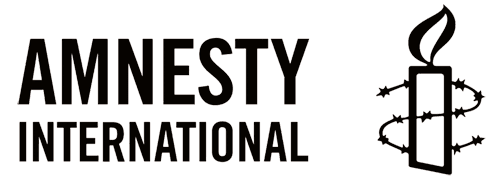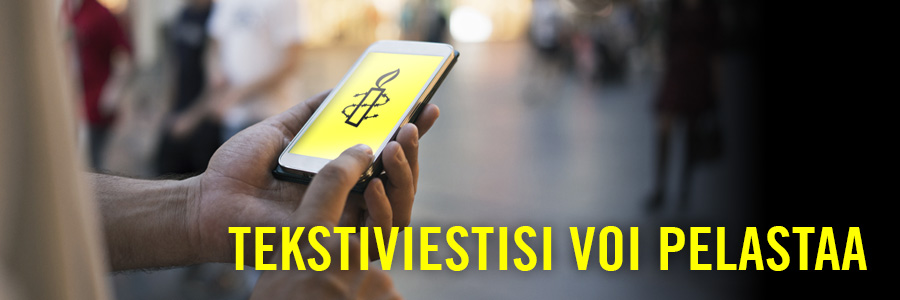Abdulhadi Al-Khawaja is a dual Bahraini-Danish national who was convicted and sentenced to life in prison after an unfair trial for his role in leading peaceful protests calling for political reform in Bahrain in February 2011. Early during his detention Al-Khawaja was subjected to torture and his jaw was fractured in several places. Despite multiple surgeries, he continues to suffer from chronic pain and requires additional intervention as he has not healed properly.
In a call on 6 November 2022, Al-Khawaja told his daughters that he was facing a number of separate new trials. On 3 November 2022 his trial began in his absence before the Second Lower Criminal Court for allegedly breaking a plastic chair in November 2021 and verbally insulting a police officer in Jaw prison after being denied phone calls to his daughters who live abroad. A second hearing on 16 November was rescheduled for 28 November because Al-Khawaja, who wanted to attend it, was requested to first sign a power of attorney document. However, while waiting to do so in prison, an officer in charge attempted to pressure and threaten him into recording a video stating that he was refusing to attend the hearing, which he refused and repeatedly stated on camera that he wanted to attend the hearing. He was then transferred back to his cell. On 21 November his second trial began on charges of insulting a public servant. The case relates to an incident on 30 March 2022, when Al-Khawaja protested against the normalization deal with Israel (Abraham Accords) and told a prison officer that he did not wish to speak to him and that he was a bad man for treating prisoners like animals. The hearing was also postponed to 28 November.
Taustaa
Abdulhadi Al-Khawaja, 61, is married and has four daughters and four grandchildren. He is the co-founder of both the Gulf Centre for Human Rights (GCHR) and the Bahrain Center for Human Rights (BCHR) for which he was also President. Until early 2011, al-Khawaja worked as MENA Protection Coordinator for the human rights group Frontline Defenders. He also previously took part in a fact-finding mission to Iraq in 2003 with Amnesty International and is a member of the International Advisory Network of the Business and Human Rights Resource Centre. He is a peaceful advocate of human rights and the recipient of several human rights awards, including the Dignity – World without Torture Award which he received in October 2013. Most recently, in 2022, he obtained the prestigious Martin Ennals Award for Human Rights Defenders.
On 9 April 2011, up to twenty armed and masked members of the security forces broke into Abdulhadi Al-Khawaja’s family home west of Manama, in the middle of the night and arrested him. They dragged him down the stairs even though he agreed to go peacefully. They extensively beat him, including by repeatedly kicking his head. Following his arrest, he required a four-hour major jaw surgery. Al-Khawaja spent a week in Bahrain Defence Force (BDF) Hospital, during which security personnel threatened him with sexual assault and execution, also making threats toward his wife and daughters. During this entire week, he was handcuffed and blindfolded. His case was detailed in the Bahrain Independent Commission of Inquiry (BICI) report as case No.8 (page 438). As a result of the torture and medical negligence he has been subjected to, Al-Khawaja continues to suffer with several health complications including extreme back pain and vision impairment. The prison authorities have been denying Al-Khawaja proper medical treatment, despite his deteriorating health. Al-Khawaja is in urgent need of medical care and rehabilitation, including to remove the metal plates and screws that were used to re-attach his jaw.
During the COVID-19 pandemic, in January 2020 the prison authorities restricted and cancelled family visits for all prisoners. Al-Khawaja’s family visits resumed in May 2022. Phone calls are allowed once a week, however, these are restricted to the same five people. Previously, he was allowed to speak to his family between 20-25 minutes each Sunday, but those calls are often reduced as a way of punishing him for his activism inside prison. On 16 November 2021, Al-Khawaja began a hunger strike in protest at being denied phone calls to his daughters who live abroad. He ended it three days later when the authorities reinstated these calls.
Abdulhadi Al-Khawaja is among 14 opposition activists who were arrested between 17 March and 9 April 2011 during the Bahrain uprising. Many of the 14 have alleged they were tortured during their first few days of detention when they were being interrogated by officers from the National Security Agency (NSA). None of the 14 was allowed to see their lawyers during NSA interrogations just after they were arrested. Some saw their lawyers during questioning by the military prosecutor ahead of the trial, while others were only allowed to see them during the first court hearing in May 2011. On 22 June, Bahrain’s National Safety Court, a military court, announced its verdict and sentenced them to between two years and life in prison on charges including “setting up terror groups to topple the royal regime and change the constitution”.
On 28 September 2011, in a session that lasted only a few minutes, the National Safety Court of Appeal, a military appeal court, upheld all the convictions and sentences imposed on the 14 opposition activists. On 30 April 2012, the Court of Cassation in Manama ordered them to appear before a civilian court for an appeal trial. The High Criminal Court of Appeal upheld their convictions and sentences on 4 September 2012, and on 6 January 2013, the Cassation Court confirmed the verdict. Four of the 14 men have so far been released.
The Bahrain Independent Commission of Inquiry (BICI) was established by Royal Decree on 29 June 2011 to investigate abuses during the March/February protests and other abuses in the following months. The full report was published on 23 November 2011 and the king publicly committed the government to accepting its findings and implementing its recommendations.
At its 63rd session in April/May 2012, the UN Working Group on Arbitrary Detention considered that Al-Khawaja’s arrest was arbitrary as it resulted from his exercise of the rights to freedom of expression, association and peaceful assembly.


